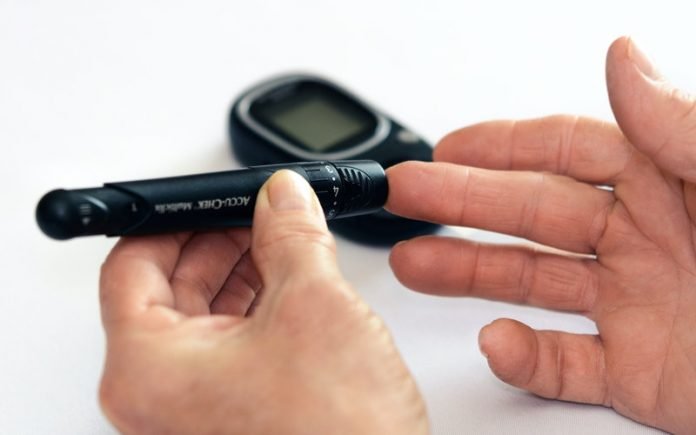
In a new statement from the American College of Sports Medicine, researchers updated recommendations regarding exercise/physical activity for people with type 2 diabetes.
They summarized the current evidence and extended and updated the 2010 recommendations on exercise and type 2 diabetes.
The authors note that for adults with type 2 diabetes, regular aerobic exercise training improves glycemic management, with less daily time in hyperglycemia and reductions in overall glycemia.
In terms of overall glucose management and attenuation of insulin levels, high-intensity resistance exercise training has greater beneficial effects than low- to moderate-intensity resistance training.
Postprandial glucose and insulin levels are modestly attenuated with small “doses” of physical activity throughout the day to break up sitting, especially for individuals with insulin resistance and higher body mass index.
For beneficial effects on hemoglobin A1c, blood lipids, and blood pressure, weight loss of >5% seems to be necessary.
A moderately high volume of exercise (~500 kcal) done four to five times per week is needed for reductions in visceral fat for individuals with type 2 diabetes.
Youth and adolescents with type 2 diabetes are recommended to meet the same physical activity goals set for youth in the general population, despite limited data.
The team says exercise can play an important role in managing type 2 diabetes, and workouts can be modified to fit the abilities of most people.
Those with type 2 diabetes who want to lose weight should consider workouts of moderately high volume for four to five days per week.
If you care about diabetes, please read studies that this health problem cause half of new diabetes cases annually in U.S. and findings of a new way to treat heart disease in type 2 diabetes.
For more information about diabetes, please see recent studies that common diabetes drug could help reverse liver inflammation, and results showing why people with type 2 diabetes have poorer muscle function.
The study is published in Medicine & Science in Sports & Exercise and was conducted by Jill A. Kanaley et al.
Copyright © 2022 Knowridge Science Report. All rights reserved.




